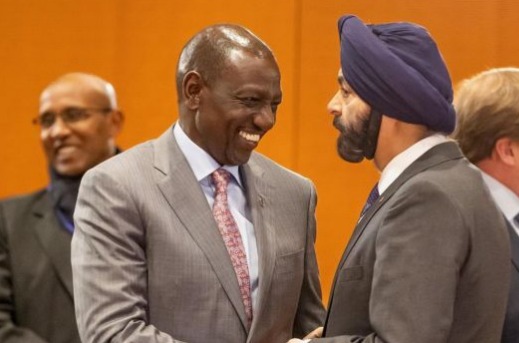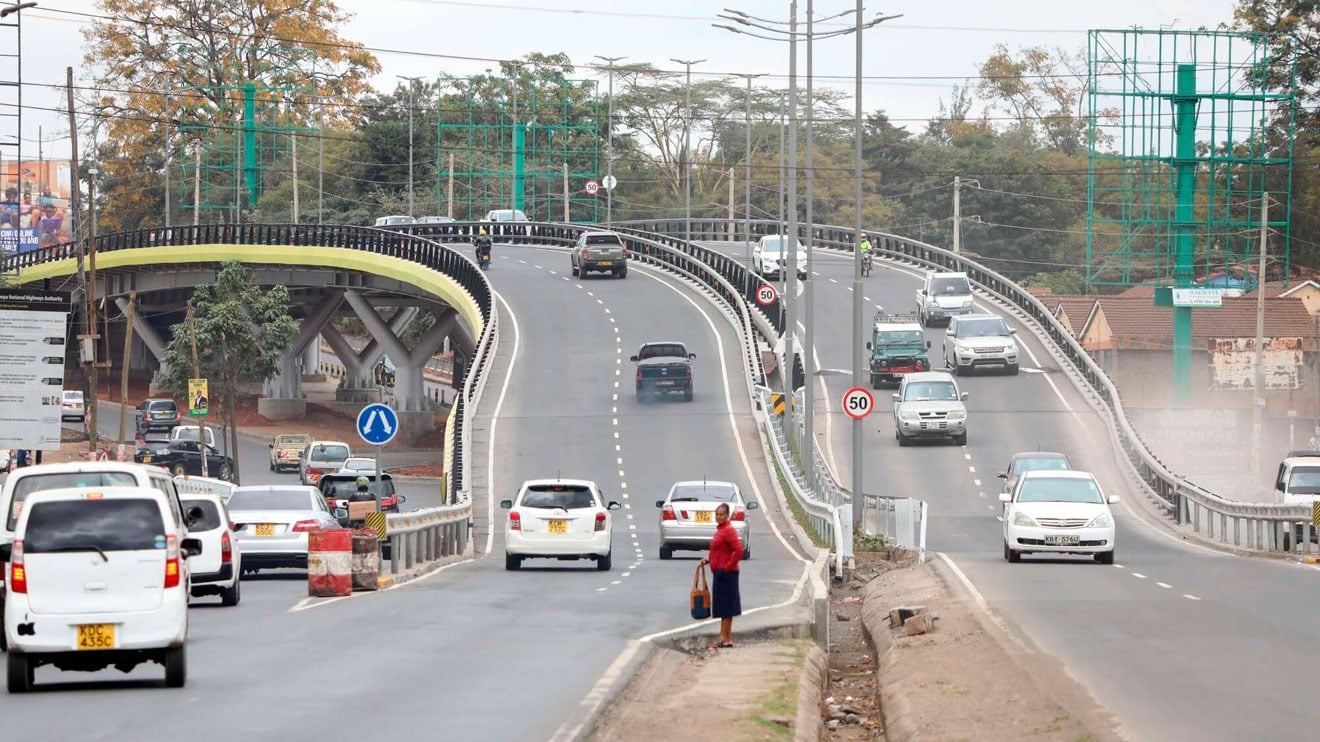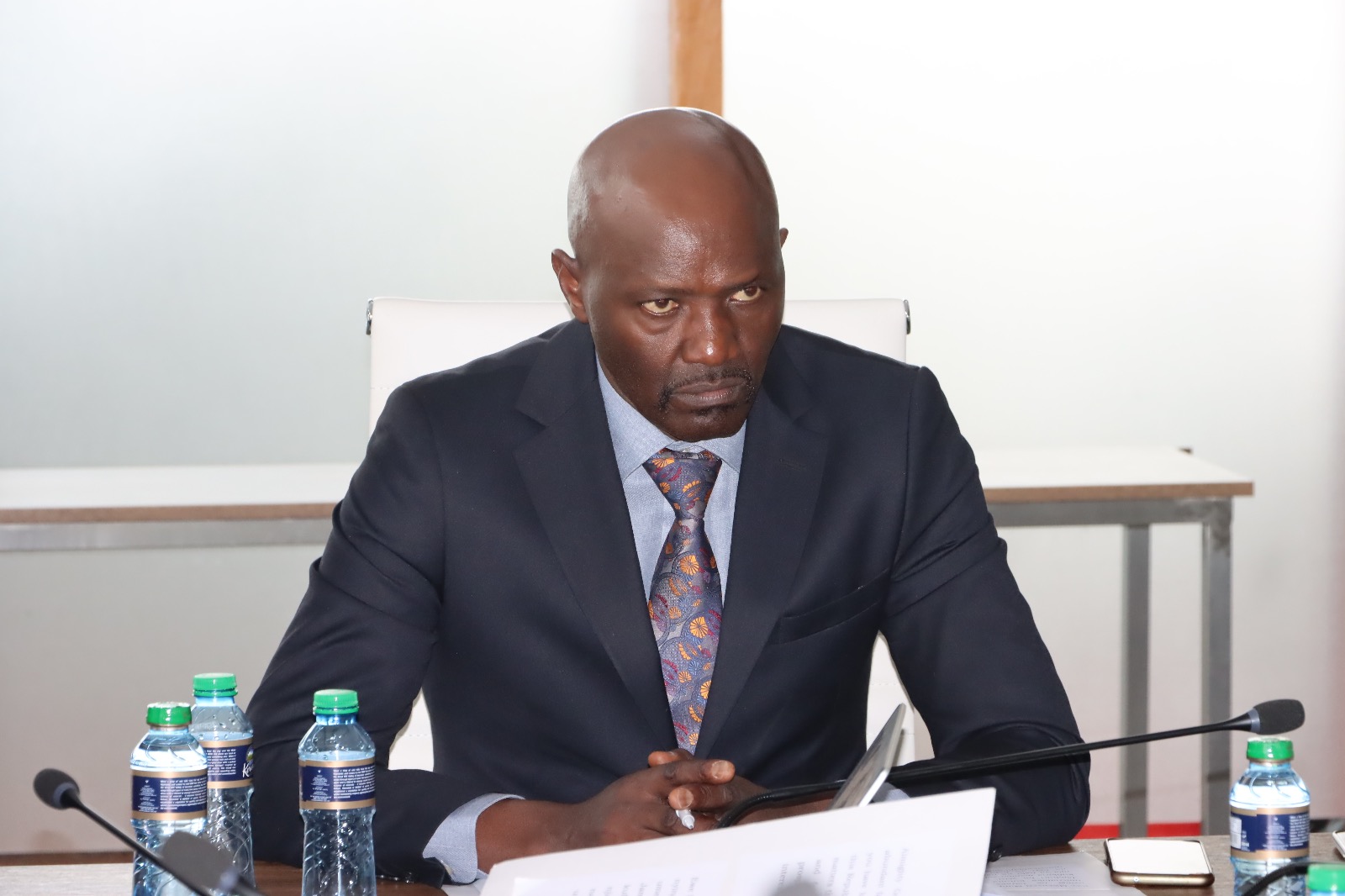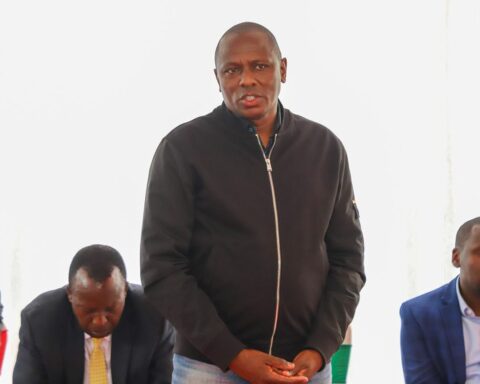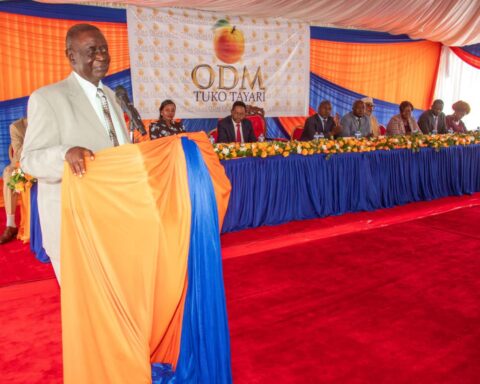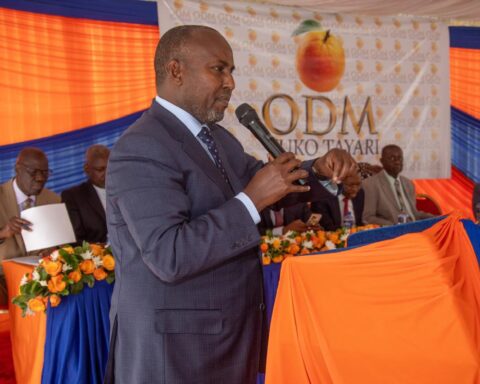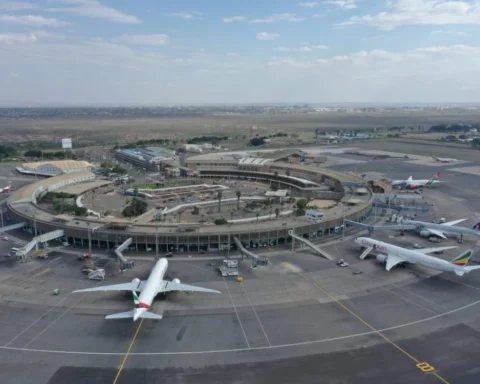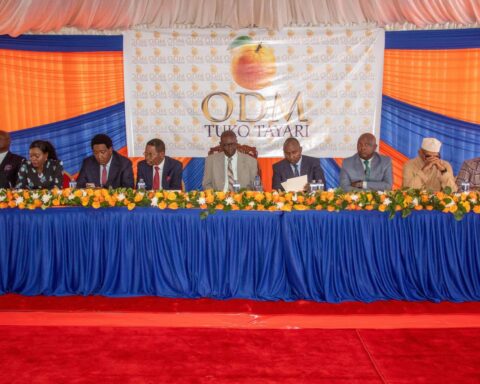A fresh wave of opposition has erupted following the World Bank’s advisory urging Kenya to consider increasing consumption taxes, including Value Added Tax (VAT) and excise duty, to address the country’s mounting pending bills.
In its latest report, the global financial institution linked the proposal to the growing backlog of unpaid government bills, which rose sharply from Ksh421.6 billion in March to Ksh526 billion by June 2025. However, the advisory has met fierce criticism from lobby groups and citizens, who warn that such a move could deepen Kenya’s cost-of-living crisis.
The Motorists Association of Kenya (MAK), one of the most vocal opponents, accused the World Bank of advancing policies that prioritise debt repayment over the welfare of ordinary Kenyans.
“The World Bank is at it again, pushing the government to impose more VAT and excise taxes when Kenyans are already battling a high cost of living,” the association said in a statement on Thursday. “Many of these directives are tied to loans for projects that are poorly implemented or completely phantom, yet the ordinary Kenyan bears the cost.”
MAK recalled the 2018 public protests that followed the introduction of VAT on fuel, a move it said was influenced by the World Bank, which led to inflation, job losses, and business closures. The group warned that a similar policy today could have devastating effects on the economy.
“Every time the World Bank talks about fiscal discipline, it means squeezing citizens while protecting multinational interests. Destroying government jobs and cutting local spending under the pretext of austerity only deepens poverty,” the lobby stated.
Prominent lawyer Peter Wanyama and several Kenyans echoed the same concerns online, urging the government to pursue fiscal discipline, anti-corruption reforms, and spending cuts instead of tax increases.
“Why should VAT be increased? The best solution is to cut graft, end wasteful projects, and reduce the size of government. Higher taxes will only burden citizens while fuelling corruption and inefficiency,” said Wanyama.
Currently, Kenya charges 16 per cent VAT on essential items such as fuel, cooking gas, and electricity, costs that have already strained many households.
As the debate intensifies, pressure is now mounting on the National Treasury to balance between honouring its debt obligations and cushioning Kenyans from additional financial distress.
The World Bank has not clarified whether it is recommending a rate hike or an expansion of the taxable base to include more goods and services.
